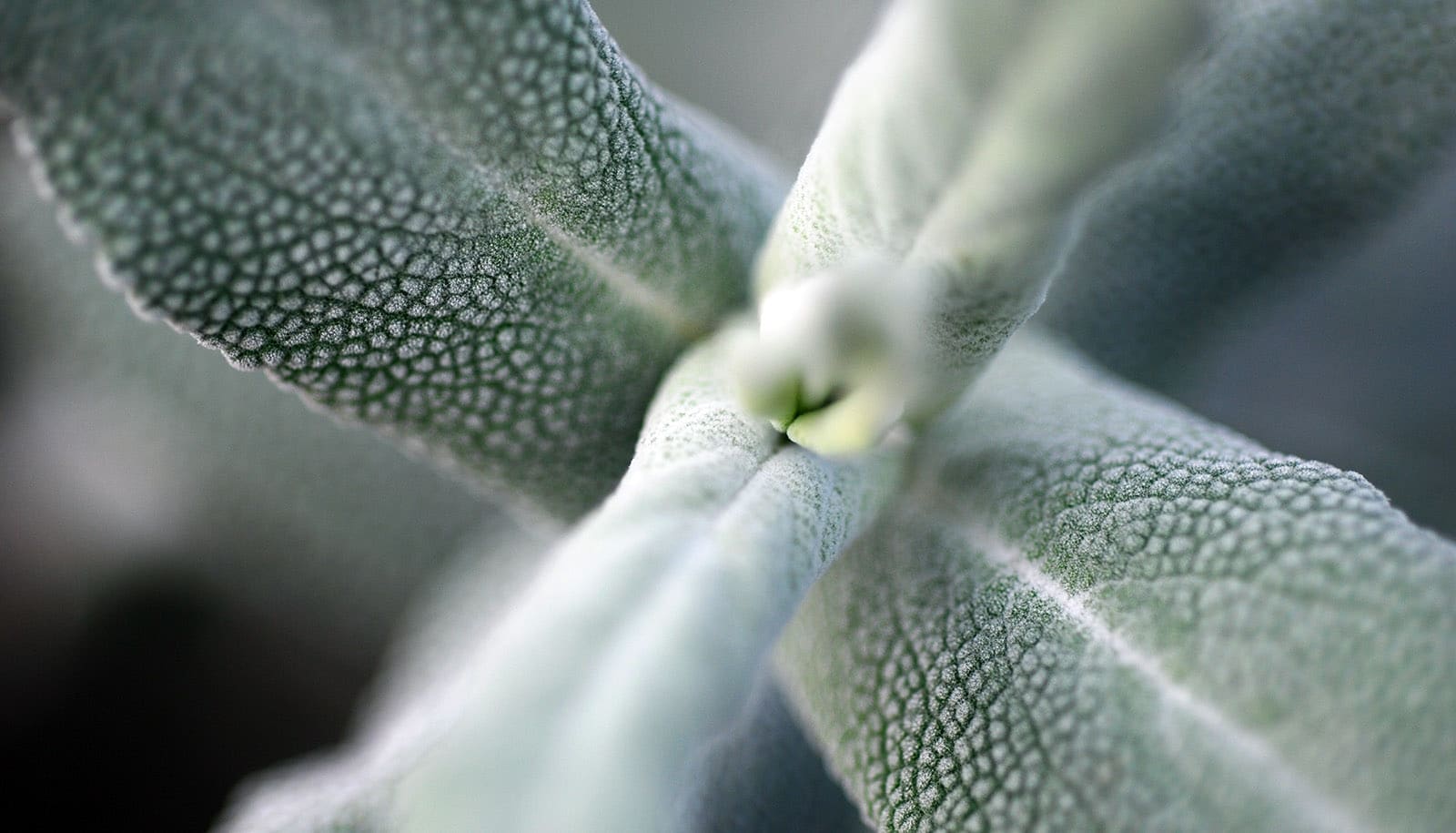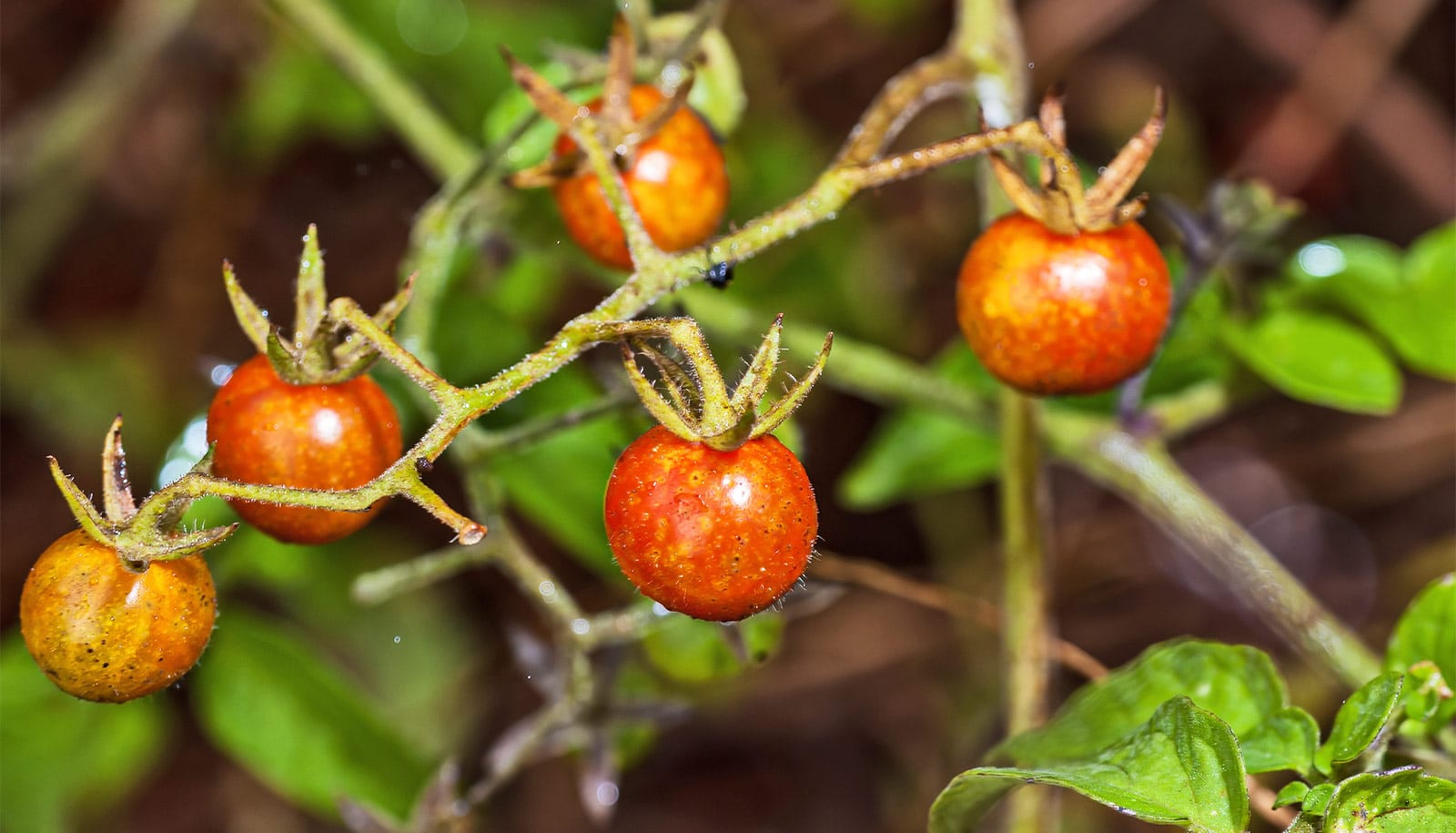Compounds called sesquiterpenes—found in spicy foods, insects, plant leaves, and beer—show potential for treating malaria, cancer, cardiovascular disease, and even colds.
Because they’re very sticky and bind to the enzyme that produces them, it’s been difficult and expensive to make sesquiterpenes in the lab.
The team from Cardiff University may have the answer. They’ve come up with a new way of releasing sesquiterpenes from the enzyme biocatalysts by breaking the reaction down into thousands of individual small reactions.
By squeezing the reaction along a winding plastic tube, they were able to separate the compound from the enzyme in thousands of tiny segments and collect the desirable products at the end of the experiment.
Plant extract works as cathode for batteries
This new method will give researchers easy access to valuable compounds in order to further explore their effectiveness for treating some of the most pressing medical conditions such as malaria or cancer.
“The production of terpenes often relies on their extraction from natural sources. Our new synthetic methodology may lead to a more efficient and cost-effective production of drugs and other bioactive molecules with applications as medicines, fragrances, food supplements, or agrochemicals for pest control,” says Rudolf Allemann, a chemistry professor, coauthor of the study published in the European Journal of Organic Chemistry.
Source: Cardiff University



